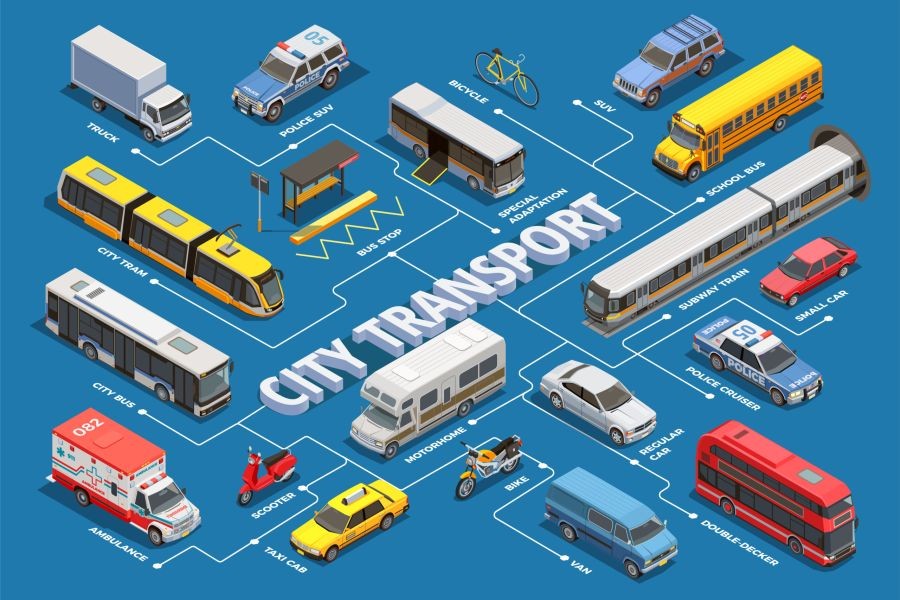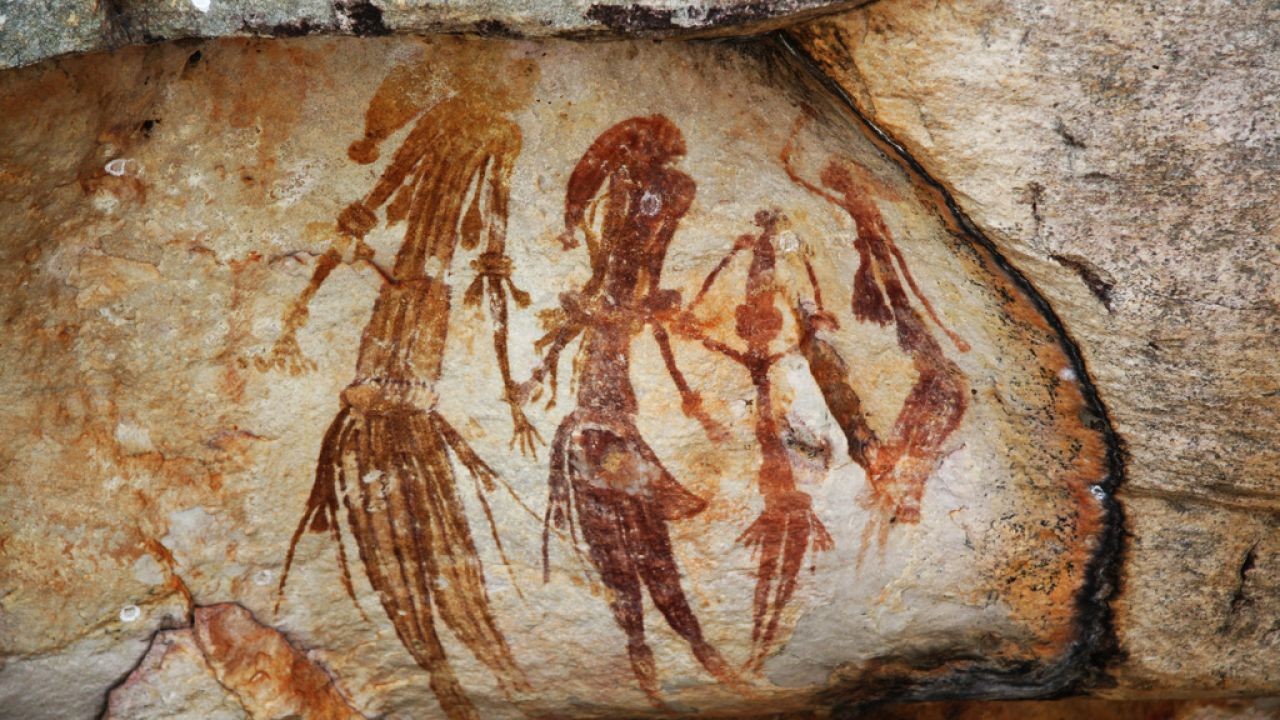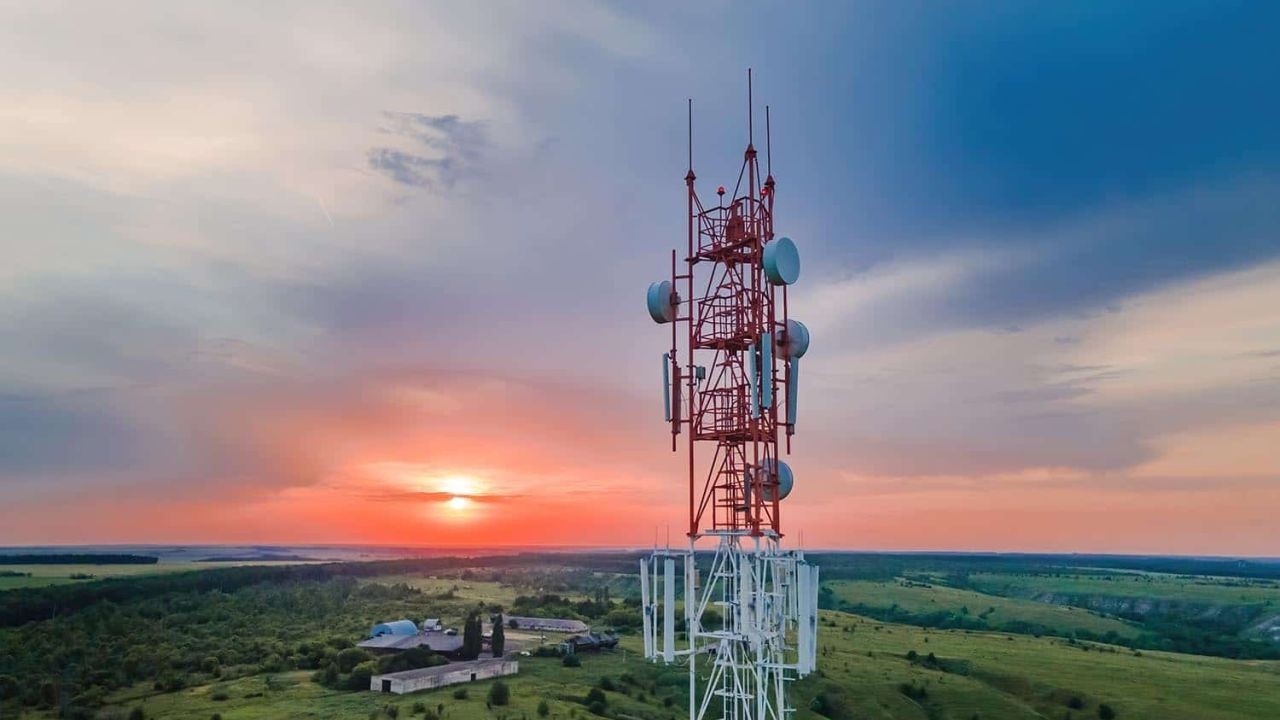In the heart of New Zealand, where stunning landscapes and vibrant communities thrive, the increasing reliance on social media is casting a shadow over real-world interactions. The question isn't whether social media is impacting face-to-face communication, but how profoundly it is reshaping the way Kiwis connect. With over 3.6 million social media users in New Zealand as of 2023, according to Stats NZ, the digital sphere has become an integral part of daily life. However, this digital dominance raises concerns about its effects on authentic human connections, an issue that local business owners must navigate carefully to maintain a balance between online engagement and personal interaction.
The Digital Tapestry: How Social Media Engages Kiwis
Social media platforms like Facebook, Instagram, and TikTok have woven themselves into the fabric of New Zealand's society, offering numerous benefits to businesses and individuals alike. For local businesses, these platforms provide cost-effective marketing channels, with over 80% of Kiwi businesses using social media for customer engagement, according to a report by MBIE (Ministry of Business, Innovation, and Employment). Furthermore, social media allows for targeted advertising, reaching specific demographics with a precision that traditional media cannot match.
The allure of social media lies in its ability to create a sense of community and connectivity. For instance, Wellington-based café, "The Hangar," successfully leveraged Instagram to showcase its artisan coffee, resulting in a 30% increase in foot traffic within six months. This case study highlights how social media can foster business growth by tapping into the visual and interactive nature of these platforms.
Undermining Real-World Interactions: The Hidden Costs
Despite its advantages, social media's impact on face-to-face interactions cannot be ignored. A study conducted by the University of Auckland revealed that 65% of New Zealanders feel less connected to their communities due to excessive social media use. The irony is stark: while social media promises connection, it often leads to isolation, diminishing the quality of personal interactions.
Moreover, a survey from the Reserve Bank of New Zealand indicates that excessive screen time contributes to declining mental health among young adults, with increased rates of anxiety and depression. This trend presents a significant challenge for local businesses that rely on authentic customer relationships and community support.
Case Study: Preserving Human Connection in a Digital Age
Let's explore how "Lighthouse Books," an independent bookstore in Auckland, navigated the digital landscape while preserving real-world interactions. Faced with declining foot traffic, the store initially turned to social media for promotion. However, the owner quickly realized that online engagement wasn't translating into in-store visits.
**Action:** To bridge the gap, Lighthouse Books implemented a strategy that combined social media with community events. They hosted monthly book readings and writing workshops, promoted through their social media channels. However, the emphasis was on encouraging followers to attend in person, creating a hybrid model of engagement.
**Result:** Within a year, Lighthouse Books saw a 25% increase in in-store sales, with a notable rise in community involvement. This strategy not only bolstered the store's revenue but also strengthened its role as a community hub.
**Takeaway:** Businesses can leverage social media to enhance real-world interactions by using it as a tool to promote offline events and foster community engagement.
Contrasting Views: The Social Media Paradox
While some argue that social media enhances connectivity by bridging geographical gaps, critics highlight its role in creating superficial interactions. According to a study by Massey University, 70% of New Zealanders believe that social media interactions cannot replace face-to-face communication, citing a lack of emotional depth and context.
**Pros:**
- Increased Reach: Social media allows businesses to connect with a broader audience, transcending geographical limitations.
- Cost-Effective Marketing: Platforms like Facebook and Instagram offer affordable advertising options for small businesses.
- Engagement Metrics: Businesses can track engagement metrics to refine their marketing strategies.
**Cons:**
- Reduced Personal Interaction: Overreliance on digital communication can erode genuine human connections.
- Mental Health Concerns: Excessive social media use is linked to increased anxiety and depression rates.
- Privacy Issues: Users are becoming increasingly concerned about data privacy and security.
Future Trends: Navigating the Social Media Landscape
Looking ahead, New Zealand businesses must adapt to the evolving social media landscape. A report by Deloitte predicts that by 2028, augmented reality (AR) and virtual reality (VR) will revolutionize social media, offering immersive experiences that blend the digital and physical worlds. For Kiwi businesses, this presents an opportunity to enhance customer engagement through innovative AR campaigns and virtual events.
However, the key will be to maintain a balance between digital innovation and real-world interaction. Businesses that can harness the power of social media while fostering genuine human connections will thrive in this dynamic environment.
Conclusion
In a world where social media is omnipresent, New Zealand businesses must navigate the delicate balance between digital engagement and real-world interaction. By leveraging social media as a tool to promote offline events and community involvement, businesses can enhance customer relationships and foster a sense of belonging. As the digital landscape continues to evolve, the ability to adapt and innovate will be crucial for success.
What’s your take on the impact of social media on real-world interactions in New Zealand? Share your insights below!
People Also Ask
- How does social media impact businesses in New Zealand? Social media offers cost-effective marketing and broad reach, but overreliance can hinder genuine customer connections and raise mental health concerns.
- What are the biggest misconceptions about social media? Many believe social media enhances community connection, but studies show it often leads to isolation and reduced face-to-face interactions.
- What are the best strategies for implementing social media in business? Combine online promotion with offline events to enhance community engagement and foster genuine customer relationships.
Related Search Queries
- Impact of social media on New Zealand businesses
- Social media marketing strategies for Kiwi businesses
- Real-world interactions vs. digital communication
- Balancing social media and mental health in NZ
- Future of social media in New Zealand






























